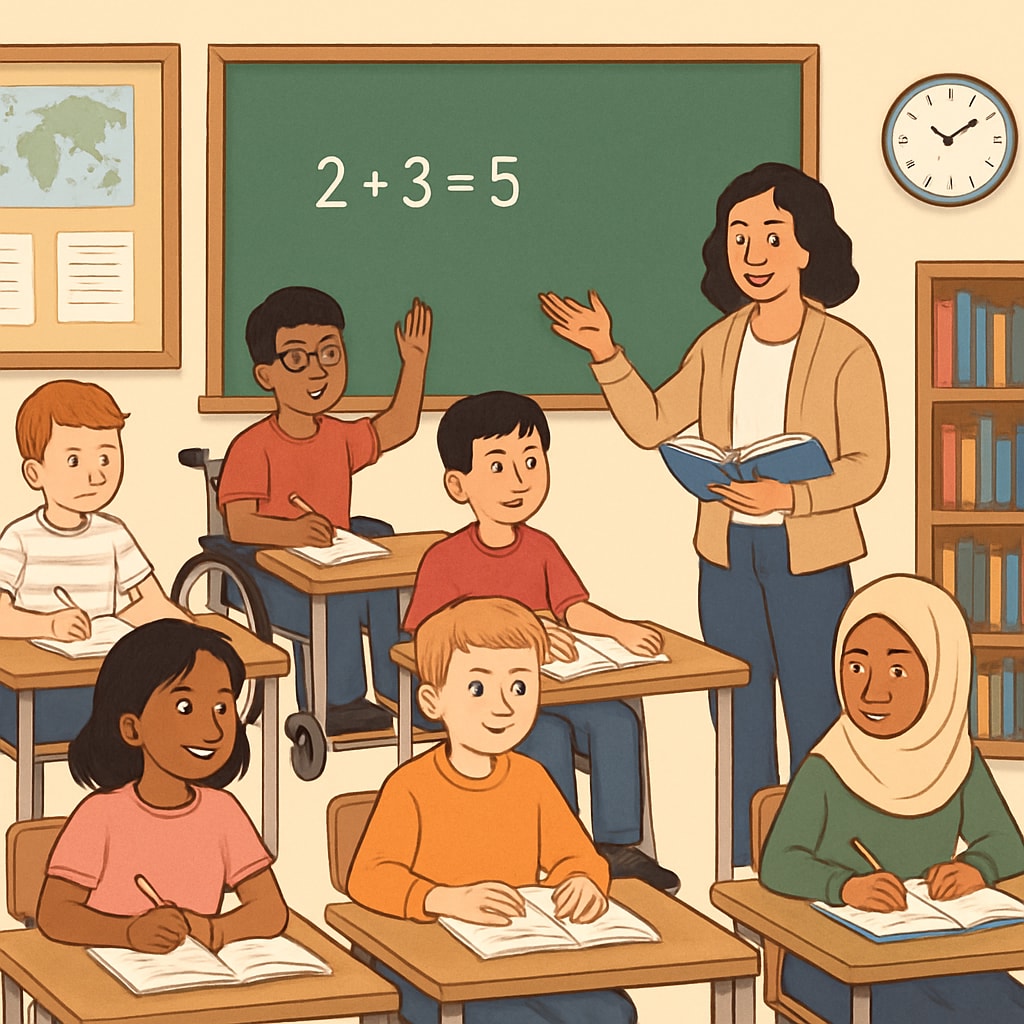The “gifted” label in K12 education often creates a paradox within the education system—while it aims to celebrate extraordinary abilities, it inadvertently imposes limitations on students. By labeling some as “gifted” and others as “untalented,” this approach creates unnecessary boundaries and pressures. These effects are compounded by the pressure placed on students deemed prodigies to constantly prove their worth, while others are left feeling inadequate. This article critically examines the ramifications of talent-based labeling and suggests actionable steps to build a more inclusive and growth-oriented educational environment.
How Labeling Impacts Student Development
Labeling students as “gifted” or “untalented” has long-term repercussions for both groups. For students who are categorized as lacking talent, this judgment can lead to feelings of inadequacy and a fixed mindset—a belief that their abilities are immutable. This stifles their confidence and reduces motivation to explore new areas of learning. Conversely, students who are labeled as “gifted” face immense pressure to meet unrealistic expectations. They often struggle with anxiety and burnout, fearing failure or falling short of these societal standards.

Rethinking Talent: Moving Away from Fixed Labels
Instead of labeling students based on perceived talent, educators should focus on fostering a growth mindset. A growth mindset emphasizes that abilities can be developed through effort, persistence, and effective strategies. This approach encourages students to take risks, learn from failure, and focus on continuous improvement rather than innate talent.
For example, Finland’s education system avoids categorizing students by talent and instead focuses on personalized learning strategies. This creates a more equitable environment where every student is supported in realizing their potential. Such models provide inspiration for restructuring K12 education globally.

Building a Growth-Oriented Education System
To dismantle the harmful impacts of labeling, educational institutions need to adopt practices that prioritize growth and inclusivity:
- Implement personalized learning: Tailor lessons to individual strengths and weaknesses rather than relying on generalized labels.
- Encourage peer collaboration: Create opportunities for students to learn from one another, fostering mutual respect and shared growth.
- Focus on effort-based evaluation: Assess students based on their progress and effort rather than innate ability.
- Train educators in growth mindset principles: Equip teachers to recognize every student’s potential and to support incremental development.
These changes require systemic support and a shift in cultural attitudes toward education. By embracing these strategies, schools can create environments that empower all students to succeed.
Conclusion: The Path to Inclusive Growth
Breaking free from the “gifted” label is essential for creating a K12 education system that values every student’s potential. By focusing on growth rather than innate talent, educators can foster environments where students thrive without the burden of labels or expectations. It’s time to shift from categorizing and judging students to embracing their unique abilities and supporting their development for a brighter future.
Readability guidance: Use short paragraphs and lists to summarize key points; ensure smooth transitions between ideas; maintain a balance between active and passive voice.


